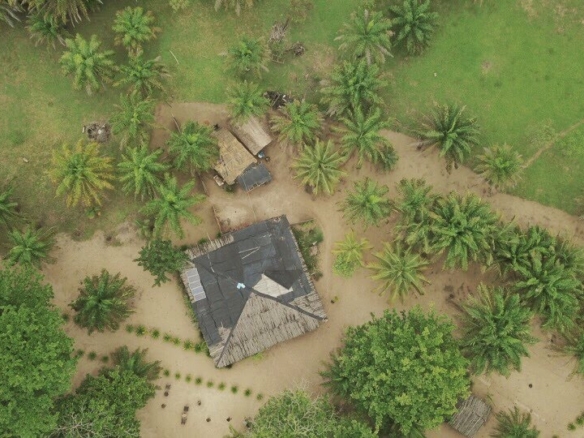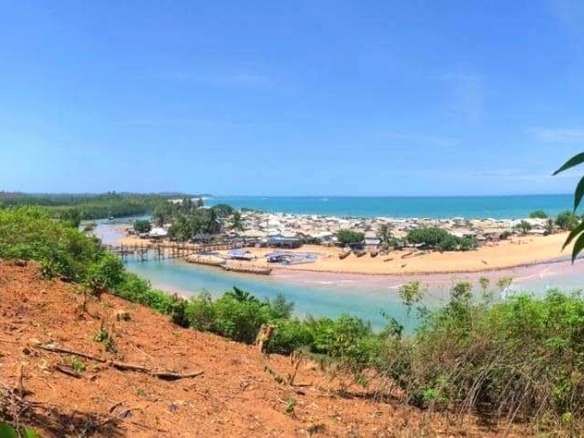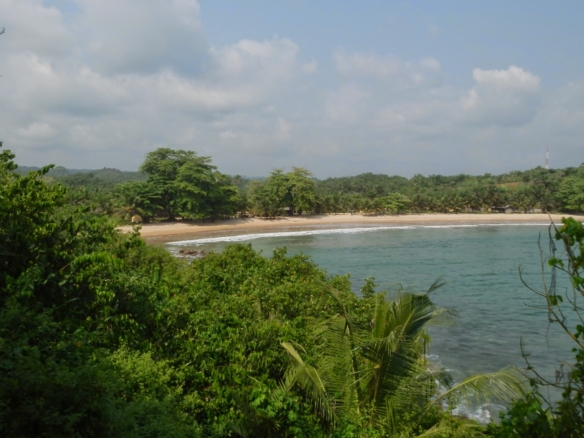Land litigation cases in Ghana have reached alarming proportions, with recent data revealing that 70% of all court cases involve property disputes. For investors, developers, and landowners navigating Ghana’s complex property market, understanding effective resolution strategies has become essential for protecting valuable investments and avoiding costly legal battles.
Why Ghana faces a land dispute epidemic
The root causes of Ghana’s litigation crisis stem from systemic issues that plague property transactions nationwide. Multiple sales of the same land remain the primary culprit, with documented cases showing single plots sold to as many as 13 different buyers. Ghana’s Supreme Court has expressed shock at the nation’s “hopelessly confusing and inaccurate records of ownership,” particularly in regions outside Greater Accra and Kumasi.
Boundary conflicts arise from indeterminate customary land boundaries and unqualified surveyors creating disputed demarcations. Inheritance disputes within families frequently escalate when competing parties claim authority to sell ancestral land. Unclear documentation persists across regions still operating under the outdated Land Registry Act 1962, creating opportunities for fraudulent claims.
These disputes carry severe economic consequences, with the Supreme Court noting that chaotic land records “would deter foreign investors” who require certainty in property dealings.
What legal pathways exist for resolution?
Ghana’s judicial system offers multiple avenues for settling land disputes, each with distinct advantages and procedures.
High Courts handle land disputes through specialised Land Court divisions within the Law Court Complex. However, significant backlogs mean cases take over 24 months to reach trial, prompting the March 2024 introduction of evening court sessions across eight Accra courts.
Customary courts play vital roles, with research showing 98% of communities preferring traditional dispute resolution mechanisms. Chiefs, family heads, and traditional authorities serve as recognised custodians under the Constitution, managing approximately 80% of Ghana’s land under customary governance.
The Lands Commission serves as a critical institutional player, mandated to minimise land boundary disputes. Recent developments include comprehensive ADR training for staff in October 2024, following the Land Act 2020’s requirement for mandatory Alternative Dispute Resolution before court proceedings.
How do you file or defend a land case?
Essential documentation forms the backbone of successful dispute resolution. Land title certificates provide the highest form of legal proof, whilst certified site plans with GPS coordinates establish precise boundaries. Comprehensive search reports from the Lands Commission reveal existing disputes or encumbrances.
Professional legal representation, whilst not mandatory for ADR processes, proves essential for complex disputes. Ghana Bar Association fees typically range from 10-20% of land value, but this investment protects against potentially devastating losses.
Critical evidence requirements include witness testimony, survey reports, payment records, and proper chain of title documentation. Thorough documentation from the transaction’s outset prevents most litigation scenarios.
Why choose Alternative Dispute Resolution?
The Land Act 2020 revolutionised dispute resolution by making ADR mandatory before court proceedings. This approach delivers impressive results: mediation achieves approximately 60% settlement rates whilst costing 50-70% less than traditional litigation.
The Ghana Arbitration Centre and Ghana ADR Hub provide professional mediation and arbitration services. Court-connected ADR systems now operate in 131 courts nationwide with 635 trained mediators. Cases resolve in 3-11 months compared to 24+ months for court litigation, offering significant time and cost advantages whilst preserving relationships.
How can you protect your land investment?
Due diligence remains paramount for preventing disputes. Essential steps include conducting thorough Lands Commission searches, verifying litigation status at all court levels, and engaging certified surveyors from the Ghana Institution of Surveyors.
Critical warning signs include sellers refusing to produce original documents, below-market pricing without justification, and evidence of multiple ownership claims. Professional representation through experienced property lawyers, licensed surveyors, and certified valuers provides crucial protection.
What’s changing in Ghana’s 2025 legal landscape?
Significant modernisation efforts are transforming dispute resolution. The US$85 million digital transformation project launching in Q1 2025 will establish comprehensive online land services, whilst the November 2024 commissioning of the ultra-modern Lands Commission complex demonstrates government commitment to digitalisation.
The Enterprise Land Information System currently processes 30-40% of Accra transactions electronically, with plans for 100% nationwide coverage.
Land litigation cases in Ghana require proactive management through proper due diligence and strategic ADR use. The evolving legal landscape offers enhanced digital tools favouring prepared investors.
Frequently Asked Questions
1. How long do land cases take in Ghana?
Court cases average 24+ months, whilst ADR resolves disputes in 3-11 months.
2. What percentage of court cases involve land disputes?
Current estimates show 70% of all court cases involve property disputes.
3. Is legal representation required for land disputes?
Not mandatory for ADR, but highly recommended for complex cases.
4. What documents are essential for land transactions?
Land title certificates, certified site plans, and Lands Commission search reports.
5. How much does ADR cost compared to litigation?
ADR costs 50-70% less than court proceedings with faster resolution.
Ready to secure your investment? Ghana Property Finder provides expert guidance on litigation-free properties, helping you navigate Ghana’s property landscape with confidence.






